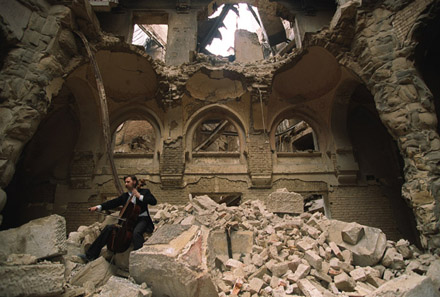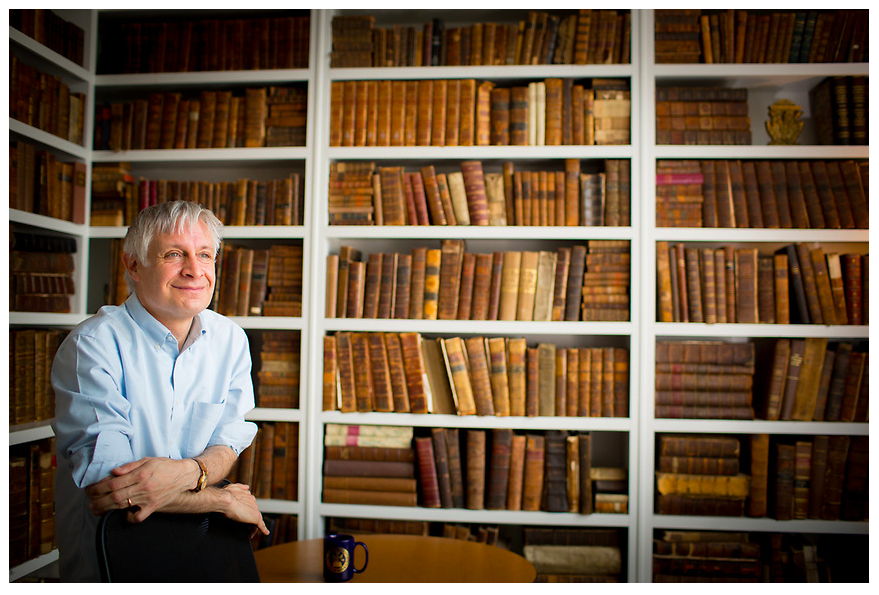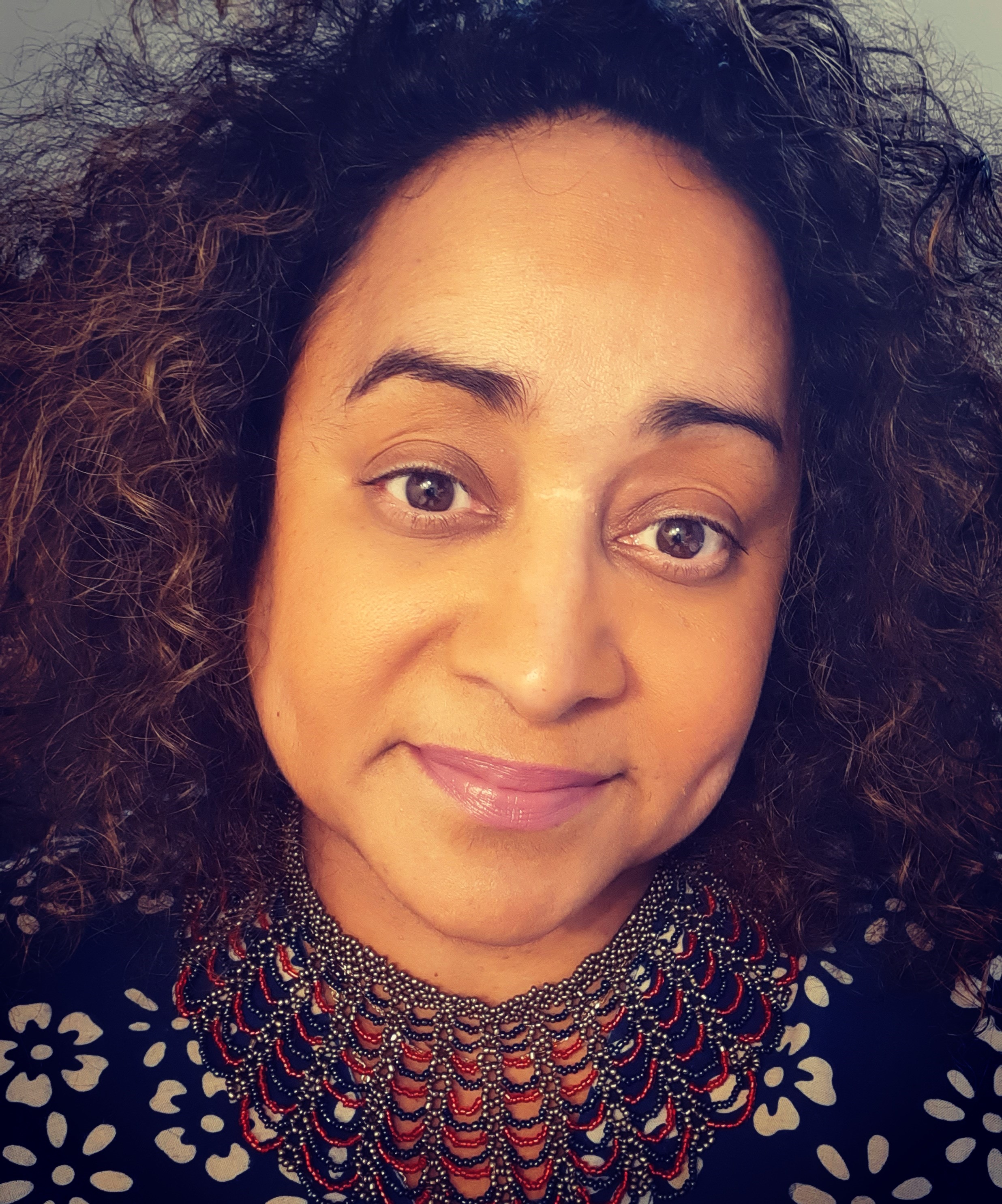Milorad Pavic‘s Dictionary of the Khazars (1982) was prominent at the end of the last century, translated into scores of languages and much discussed. I didn’t read it then but got to it this past summer. Its subtitle is A Lexicon Novel, and it consists of alphabetical entries that are heavily cross-referenced. To Pavic’s delight, the order of the entries is different in each translation. He says that he doesn’t want you to read it from the first to the last page (as I did) but to follow links at your own will. The book was published just when hypertext was developing, and it surely owed some of its influence to being on that cutting edge. In a current Kindle edition, you can click words to move around–but we are used to doing that now.
The topic is the story (originally from Judah Halevy) that the Khazars, a real medieval people, converted to Judaism after holding a debate among a Christian, a Moslem, and a Jew. The Dictionary consists of Christian, Moslem, and Jewish sections. The book we’re reading is supposed to have had a long and tortuous history (one edition was poisonous), and the entries concern characters and events from the original conversion period, from the 1600s, and from the 1900s. That produces a 3-by-3 grid of religions and eras into which all the specific entries fit. The whole thing is intricately symmetrical, so that there is guaranteed to be a Moslem 20th-century analogue for a Jewish 17th- century character, and so on.
The whole text is very dream-like. It’s too magical to be magic-realism: people are constantly changing form and doing amazing things for mysterious reasons. Dreams are also an explicit topic, since the Khazars’ priests were “dream hunters.” They interpreted people’s dreams and could follow a thread from one dreamer to another when the first person dreamed of the second one. According to their religion, all our dreams collectively formed the body of the original man, or Adam. As you might expect, it turns out there are still dream-hunters among us today.
The Abrahamic faiths derive scriptures from their founding eras. But they also tell many subsequent stories: tales of saints and sages and miracles. These stories are dream-like, by which I don’t necessarily mean they are false. (That is up to you to decide). They are like dreams in that they are surprising stories with strong symbolic meanings and recurrent motifs. And the three religions’ stories pervasively interconnect. The same people often figure in the dream-like tales of Jews, Christians, and Moslems, albeit sometimes bearing different names, or changing their roles from heroes to villains, or appearing in new contexts. In that sense, an interlinked series of dream-like stories is a great way to represent the world co-created by the Abrahamic faiths.
This fictional world seems cosmopolitan (since the religions are equal and related), free (you can choose your own path), ironic and subversive, and avant-garde. You may or may not enjoy it, but it seems fit for enjoyment.
On the other hand … The Khazars themselves turn out to be a self-hating people, consistently favoring the Jewish, Christian, and Moslem foreigners in their midst until they subject themselves to conversion and then actually vanish. Just for example:
As is known, when a people vanishes, the first to disappear are the upper classes, and with them literature; all that remains are books of law, which the people know by heart. The same can be said of the Khazars. In their capital, sermons in the Khazar language are expensive, whereas in Hebrew, Arabic, or Greek they are cheap or free of charge. Curiously, once they are outside their state the Khazars are reluctant to reveal their Khazar origin, preferring to avoid one another and conceal the fact that they speak and understand the Khazar language, hiding it from their own compatriots even more than from foreigners. In the country itself, people not proficient in the Khazar language, which is the official language, are more highly regarded in the civil and administrative services. Consequently, even people who are fluent in the Khazar language will often deliberately speak it incorrectly, with a foreign accent, from which they derive a manifest advantage. Even with translators – for instance, from Khazar into Hebrew, or Greek into Khazar – the people selected are those who make mistakes in the Khazar language or pretend to do so.
This is plausibly how a nationalistic professor of Serbian literature might feel about his own ethnic group inside Tito’s Yugoslavia. Thus a book that was read around the world as a postmodern ironist’s game was apparently read in Serbia as a nationalist tract.
It might be harmless for a writer to adopt aggrieved nationalism, especially in a work of fiction that is pervasively playful. Maybe it was just a stance. However, it seems that Pavic continued to espouse similar ideas even while Serbian armies were massacring other former Yugoslavs. In 1992, he said “I am a Khazar too because the fate of my family was very similar and in the end we went back to our original religion” (quoted in Wachtel, p. 638). It appears that he was completely serious about the Khazar/Serb analogy and genuinely aggrieved as a Serb. At least, he did not distance himself from the nationalistic implications of his work.
I’m not sure what I think about the ethics of having read this novel for fun. Of course, authors do not control their own texts, least of all texts like this one. So maybe the author’s political intentions are not all that important. I certainly did not become a Serbian nationalist as a result of reading the Dictionary of the Khazars, so maybe no harm done. And I deeply appreciate Pound and Eliot, notwithstanding their views. On the other hand, would I read a playful, possibly gimmicky novel that reflected one of the world’s other forms of bigotry? Caveat emptor, I suppose.
See Andrew Wachtel, “Postmodernism as Nightmare: Milorad Pavic’s Literary Demolition of Yugoslavia,” The Slavic and East European Journal, vol. 41, no. 4, 1997, pp. 627–644; and David Damrosch, “Death in Translation,” in Nation, Language, and the Ethics of Translation, edited by Sandra Bermann and Michael Wood (Princeton: Princeton University Press, 2005), pp. 380-398; and cf. Ivo Andric, Bosnian Chronicle, Or, The Days of the Consuls







